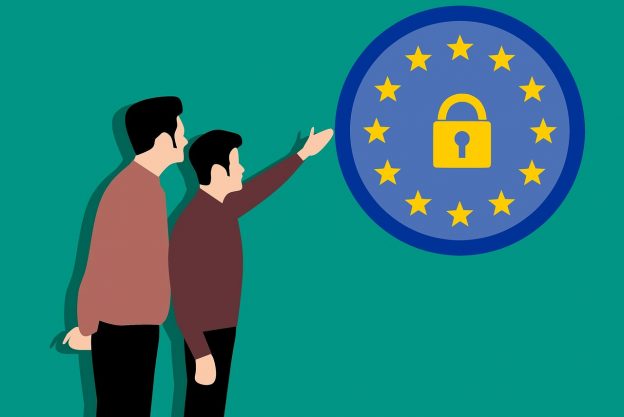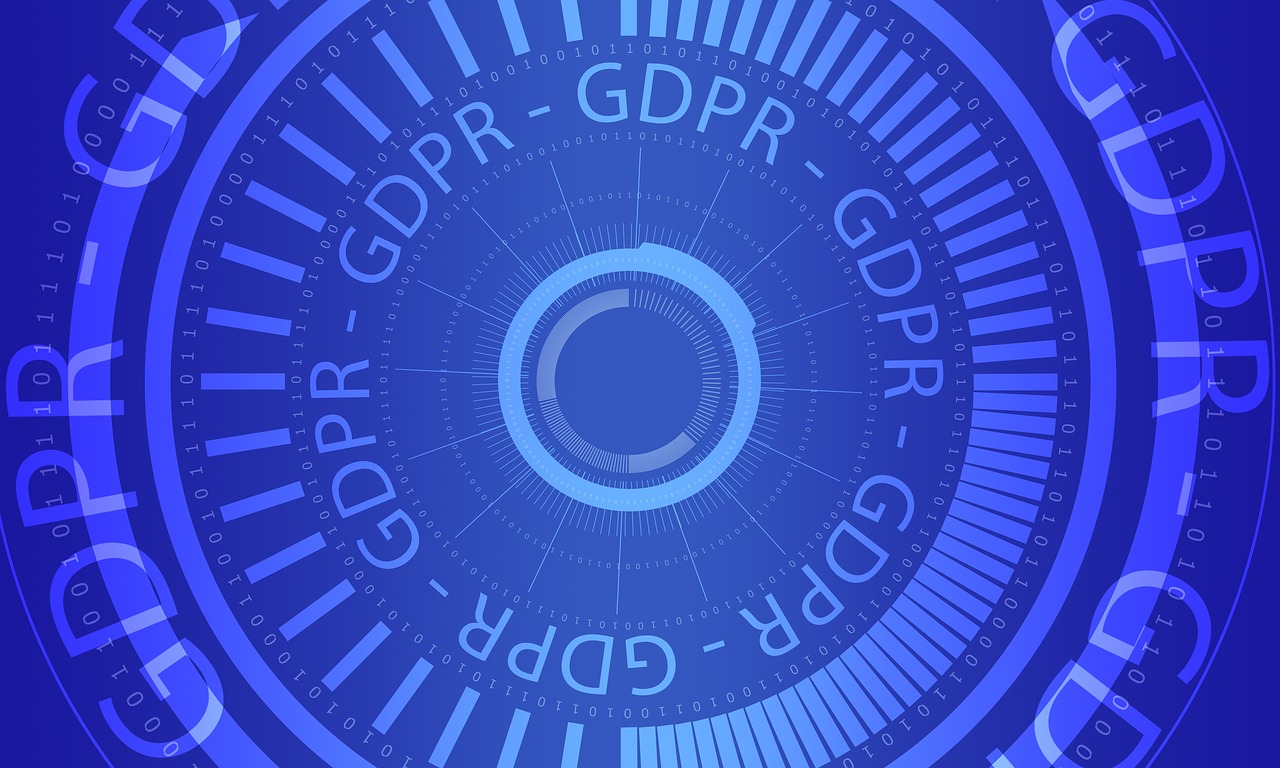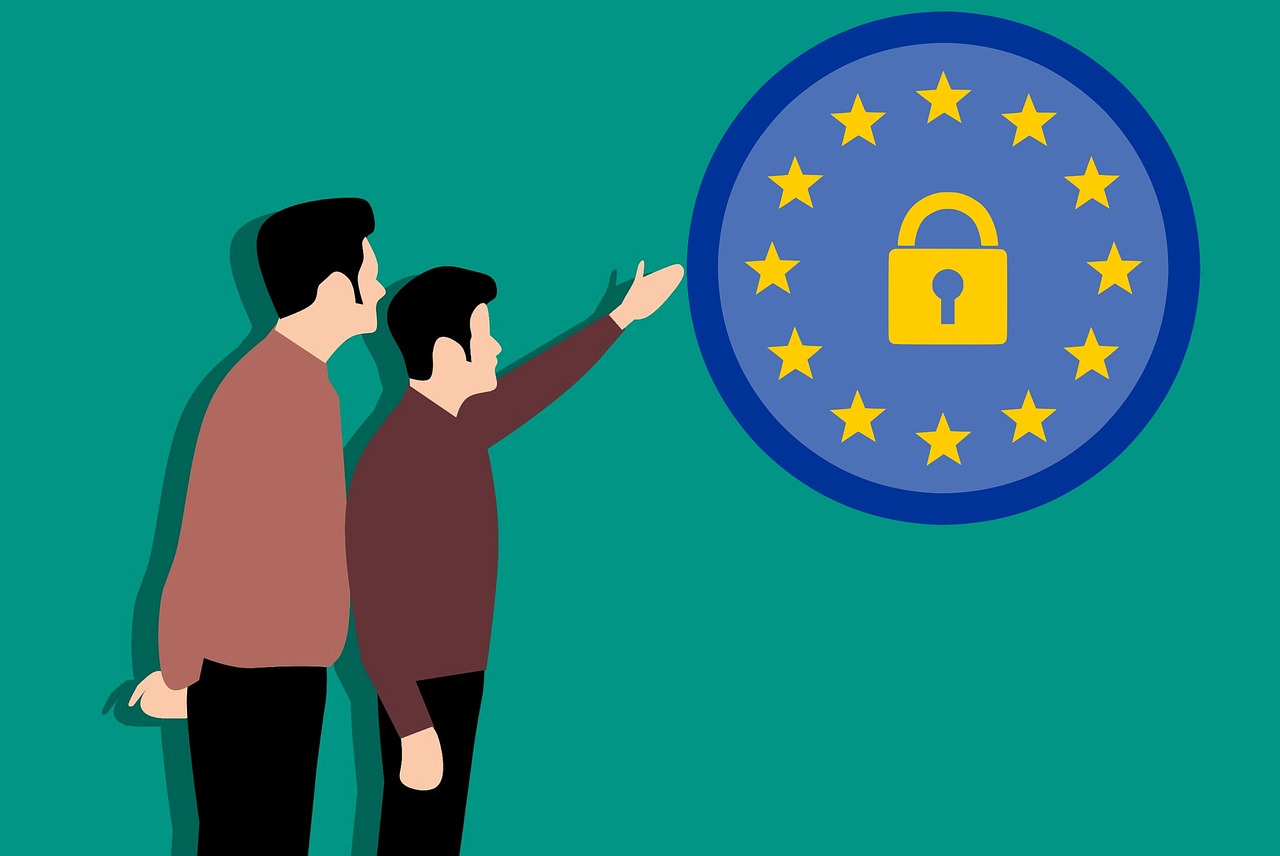Are you a business owner or manager looking to ensure your company is in compliance with data collection regulations? Look no further than our comprehensive Data Collection Compliance Workshops. In these workshops, we provide expert insights and guidance on the legal aspects of data collection, helping you understand the intricacies of privacy laws, consent requirements, and data protection measures. Our goal is to equip you with the knowledge and tools necessary to navigate the complex landscape of data collection compliance. Join us for an engaging and informative workshop that will empower you to safeguard your company’s data and mitigate potential legal risks. Contact us today to schedule a consultation with our experienced legal team.
Understanding Data Collection Compliance
What is data collection compliance?
Data collection compliance refers to the adherence to legal and regulatory requirements set forth by governing bodies regarding the collection, storage, and use of personal data. It ensures that businesses handle personal data in a responsible and ethical manner, safeguarding individuals’ privacy and protecting sensitive information.
Why is data collection compliance important for businesses?
Data collection compliance is of utmost importance for businesses due to several factors. Firstly, it helps build trust and credibility among customers, which is crucial for maintaining a positive reputation and attracting new clients. Compliance also mitigates the risk of legal consequences, including hefty fines and potential lawsuits, ensuring business continuity. Furthermore, adhering to data collection regulations fosters a culture of responsible data management and ensures the protection of individuals’ rights.
Common regulatory frameworks for data collection compliance
There are several regulatory frameworks that businesses need to consider when it comes to data collection compliance. Some of the most prominent ones include the General Data Protection Regulation (GDPR), California Consumer Privacy Act (CCPA), Health Insurance Portability and Accountability Act (HIPAA), and Payment Card Industry Data Security Standard (PCI DSS). Each framework has its own set of requirements and guidelines that businesses must comply with to avoid penalties and legal repercussions.
Potential consequences of non-compliance with data collection regulations
Non-compliance with data collection regulations can have severe consequences for businesses. Monetary fines imposed by regulatory authorities can range from thousands to millions of dollars, depending on the nature and extent of the violation. Moreover, businesses may face irreparable damage to their reputation, leading to a loss of customers and business opportunities. Additionally, individuals affected by non-compliance may file lawsuits, resulting in further financial and legal burdens for the non-compliant organization. It is crucial for businesses to prioritize data collection compliance to mitigate these risks and avoid detrimental outcomes.
Benefits of Data Collection Compliance Workshops
Overview of data collection compliance workshops
Data collection compliance workshops offer comprehensive training and education on various aspects of data protection and compliance. These workshops are designed to equip businesses with the knowledge and skills necessary to navigate the complex landscape of data collection regulations. They provide an interactive learning environment where participants can engage with experts in the field and gain practical insights to enhance their compliance practices.
Advantages of attending data collection compliance workshops
Attending data collection compliance workshops offers numerous benefits to businesses. Firstly, it provides a deep understanding of the legal and regulatory requirements, ensuring businesses stay up-to-date and compliant with the latest industry standards. Workshops also offer networking opportunities, allowing participants to connect with industry professionals and exchange best practices. Furthermore, workshops provide a platform for businesses to identify and address compliance gaps specific to their industry, enabling them to implement tailored solutions and mitigate risks effectively.
Case studies showcasing successful outcomes of data collection compliance workshops
Numerous businesses have witnessed positive outcomes as a result of attending data collection compliance workshops. Case studies demonstrate how these workshops have helped organizations revamp their data collection practices and achieve compliance. For example, a healthcare organization implemented lessons learned from a compliance workshop, resulting in enhanced security measures, improved consent management processes, and a reduction in data breaches. These success stories highlight the tangible benefits that businesses can achieve through participation in data collection compliance workshops.

Key Topics Covered in Data Collection Compliance Workshops
Understanding data protection laws
Data collection compliance workshops provide detailed insights into various data protection laws, such as the GDPR, CCPA, HIPAA, and PCI DSS. Participants gain a comprehensive understanding of the legal obligations, rights of individuals, and the implications of non-compliance.
Implementing appropriate data security measures
Workshops emphasize the importance of implementing robust data security measures to protect against unauthorized access, breaches, and data loss. Participants learn about encryption, access controls, and secure storage methods to safeguard sensitive information.
Consent management for data collection
Consent management is a crucial aspect of data collection compliance. Workshops cover best practices for obtaining, documenting, and managing consent from individuals, ensuring businesses meet the legal requirements for processing personal data.
Handling data breaches and incident response
Data breaches can have severe consequences, both legally and reputationally. Compliance workshops equip participants with the knowledge and strategies to effectively handle data breaches, including incident response plans, notification processes, and remediation measures.
Securing international data transfers
In an increasingly globalized world, businesses often need to transfer personal data across borders. Compliance workshops provide guidance on navigating the complexities of international data transfers while ensuring compliance with data protection laws.
Creating and maintaining compliant data collection policies
Workshops assist businesses in developing and maintaining comprehensive data collection policies tailored to their specific needs. Participants learn how to draft privacy policies, establish data retention practices, and implement procedures for individuals’ rights requests.
Choosing the Right Data Collection Compliance Workshop
Identifying the specific needs of your business
Before selecting a data collection compliance workshop, it is crucial to identify the specific needs of your business. Assess the industry you operate in, the types of personal data you collect, and any regulatory frameworks that apply to your organization. This understanding will help you choose a workshop that addresses your unique compliance challenges.
Researching reputable workshop providers
Thoroughly research workshop providers to ensure their credibility and expertise in the field of data collection compliance. Look for organizations that have a proven track record in delivering high-quality training and workshops, and consider seeking recommendations from industry peers.
Evaluating the curriculum and learning objectives
Review the workshop curriculum and learning objectives to ensure they align with your business’s compliance needs. Look for workshops that cover the key topics relevant to your industry and that provide practical insights and tools for implementation.
Considering the expertise and qualifications of instructors
Instructors play a vital role in delivering a valuable workshop experience. Research the instructors’ backgrounds, qualifications, and experience in the field of data collection compliance to ensure they possess the necessary expertise to guide you effectively.
Reading reviews and testimonials from previous workshop attendees
To gauge the effectiveness and value of a data collection compliance workshop, read reviews and testimonials from previous attendees. Their feedback can provide insights into the workshop’s relevance, quality of instruction, and overall impact on improving compliance practices.
Preparing for a Data Collection Compliance Workshop
Gathering relevant documentation and policies
Before attending a data collection compliance workshop, gather all relevant documentation and policies related to your organization’s data collection practices. This includes privacy policies, data processing agreements, consent forms, incident response plans, and any other documentation that outlines your current compliance practices.
Initiating internal audits to assess current compliance practices
Conduct internal audits to assess your organization’s current data collection compliance practices. Identify any areas of non-compliance, vulnerabilities, or gaps in your processes. This will help you understand your current state of compliance and highlight specific areas to focus on during the workshop.
Identifying potential compliance gaps and areas for improvement
Based on the internal audit results, identify potential compliance gaps and areas for improvement within your data collection practices. This analysis will guide your workshop experience, allowing you to seek solutions and receive guidance on specific challenges your organization faces.
Setting clear goals and objectives for the workshop
Clearly define the goals and objectives you wish to achieve through the data collection compliance workshop. Whether it is to update your policies, improve consent management procedures, or enhance data security measures, setting clear objectives will help you prioritize and maximize the value of the workshop.
Communicating with employees and stakeholders about the workshop
Inform your employees and key stakeholders about the data collection compliance workshop and its importance. Communicate the benefits of attending the workshop, emphasizing how it will enhance your organization’s compliance practices and protect against legal and reputational risks. Encourage their active participation and engagement throughout the process.
What to Expect During a Data Collection Compliance Workshop
Interactive sessions and group exercises
Data collection compliance workshops typically involve interactive sessions and group exercises that encourage active participation. These activities allow participants to apply their knowledge, share insights, and learn from one another’s experiences, creating a collaborative and engaging learning environment.
Presentation of case studies and real-life examples
Workshop instructors often present case studies and real-life examples from various industries to illustrate the practical application of compliance principles. Examining these case studies helps participants understand the consequences of non-compliance and gain insights into successful compliance strategies.
Q&A sessions and opportunities for clarification
Data collection compliance workshops provide ample opportunities for participants to ask questions and seek clarification on complex topics. Q&A sessions ensure that participants fully comprehend the concepts and principles discussed during the workshop, leaving no room for ambiguity.
Demonstration of compliance tools and resources
Instructors may demonstrate various compliance tools and resources available to businesses. These tools help streamline compliance processes, automate certain tasks, and ensure adherence to data collection regulations. Participants will gain practical knowledge on utilizing these tools effectively.
Networking opportunities with industry professionals
Data collection compliance workshops often attract participants from diverse industries and backgrounds. Networking opportunities allow participants to connect with industry professionals, share experiences, and forge valuable connections. These networking interactions can lead to ongoing collaborations and partnerships in the realm of data collection compliance.

Post-Workshop Implementation and Compliance Maintenance
Developing an action plan for implementing workshop insights
After completing a data collection compliance workshop, it is essential to develop an action plan to implement the insights gained during the workshop. The plan should outline specific tasks, responsibilities, and timelines for incorporating compliance improvements into your organization’s practices.
Assigning responsibilities and timelines for compliance tasks
Assign clear responsibilities and timelines for the compliance tasks identified during the workshop. Establish accountability within your organization to ensure that compliance efforts are effectively executed. Regular monitoring and follow-ups will help maintain momentum and foster a culture of continuous compliance improvement.
Regular monitoring and auditing of data collection practices
Continuously monitor and audit your data collection practices to ensure ongoing compliance. Regular inspections will help identify any deviations or areas for improvement. By proactively addressing issues and promptly rectifying non-compliance, you can minimize the risk of potential legal and reputational consequences.
Updating policies and protocols as new regulations emerge
Data collection regulations are subject to change and evolve over time. It is crucial to stay abreast of new regulations and updates to ensure continued compliance. Regularly review and update your policies and protocols accordingly, considering both the legal requirements and emerging industry best practices.
Continued education and professional development
Data collection compliance is an ongoing process that requires continuous education and professional development. Encourage employees to attend regular data collection compliance workshops and engage in relevant training programs to enhance their knowledge and skills. Stay proactive in staying informed about evolving regulations and industry trends to maintain a strong compliance posture.
FAQs: Data Collection Compliance Workshops
1. What is the duration of a typical data collection compliance workshop?
The duration of a data collection compliance workshop can vary depending on the provider and the depth of content covered. Some workshops may span a single day, while others may extend over multiple days or weeks to provide a more comprehensive learning experience.
2. Are data collection compliance workshops industry-specific?
Data collection compliance workshops can cater to a broad range of industries as data protection regulations apply to businesses across sectors. However, some workshops may offer industry-specific examples and case studies, allowing participants to relate compliance principles to their specific industry challenges.
3. Can attending a workshop guarantee full compliance with data collection regulations?
While attending a data collection compliance workshop significantly increases understanding and awareness of compliance requirements, it does not guarantee full compliance on its own. Compliance is an ongoing process that requires constant vigilance, monitoring, and adaptation to changing regulations and organizational needs.
4. Is it necessary to attend a workshop if we already have a compliance officer?
Having a compliance officer is undoubtedly beneficial for ensuring adherence to data collection regulations. However, attending a workshop can still provide value by offering fresh insights, updates on new regulations, and best practices learned from other industry professionals. It also fosters a culture of ongoing learning and professional development.
5. How often should employees attend data collection compliance workshops?
The frequency of attending data collection compliance workshops may vary depending on industry dynamics, regulatory changes, and the specific needs of the organization. As a general guideline, businesses should consider scheduling workshops at least annually to stay up-to-date with evolving compliance requirements and industry trends. Regular refresher workshops may also be beneficial to reinforce knowledge and address new challenges.




































